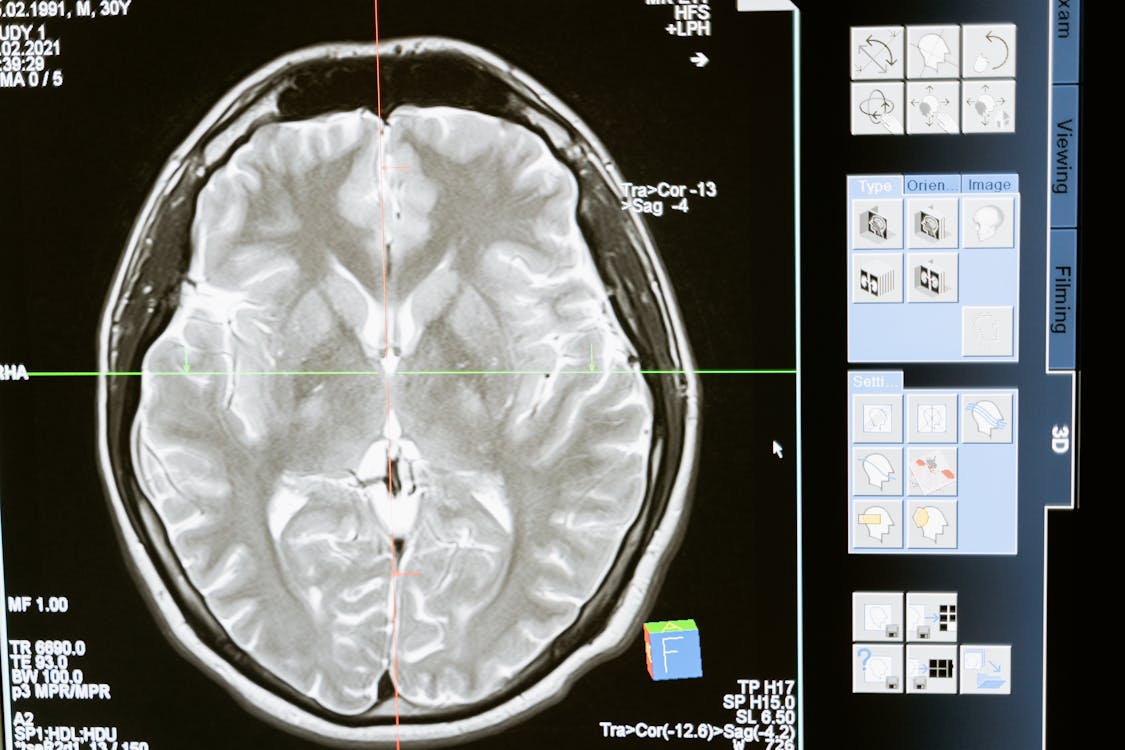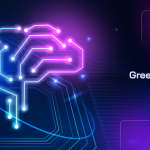In a study from Osaka Metropolitan University, researchers have revealed that ChatGPT performed on par with, and in some cases better than, human radiologists in diagnosing brain tumors from MRI reports.
The research, conducted by graduate student Yasuhito Mitsuyama and Associate Professor Daiju Ueda, compared ChatGPT’s diagnostic capabilities with that of neuroradiologists and general radiologists, using real-world reports written in Japanese. With ChatGPT achieving a 73% accuracy rate, this development highlights the potential role of AI in enhancing medical diagnostics.
The study evaluated 150 brain tumor MRI reports, with results showing that ChatGPT was able to provide differential diagnoses and a final diagnosis with a higher accuracy rate than both general radiologists and board-certified neuroradiologists, who averaged 68% and 72%, respectively.
AI vs. Human Radiologists: Surprising Diagnostic Accuracy
When ChatGPT analyzed reports written by neuroradiologists, its accuracy soared to 80%, whereas reports from general radiologists saw the AI model’s accuracy drop to 60%.
Interestingly, ChatGPT’s ability to match or exceed the diagnostic skills of human radiologists raises questions about the future role of AI in healthcare. The model’s use of natural language processing to interpret complex medical reports presents exciting possibilities for integrating AI systems into clinical workflows, potentially reducing the workload on radiologists while maintaining diagnostic precision.
Future Applications of AI in Medicine
The implications of this study extend beyond radiology. The research team aims to explore AI’s potential in other diagnostic imaging fields, including oncology and cardiology, where accuracy and early diagnosis are critical. By leveraging AI’s capacity for rapid data analysis, healthcare professionals could streamline diagnostic processes and improve patient outcomes.
As ChatGPT and similar AI models continue to evolve, their integration into medical education could also prove invaluable. With the ability to provide accurate second opinions, AI could assist in training medical students and residents, helping them develop diagnostic skills in a controlled, supportive environment.
While AI is unlikely to replace human expertise, its role as a complementary tool in healthcare is becoming increasingly clear.



![AI Trends for [current_date format='Y']: What's Shaping the Future of AI 4 AI trends](https://www.greenbot.com/wp-content/uploads/2025/04/AI-trends-150x150.png)
















